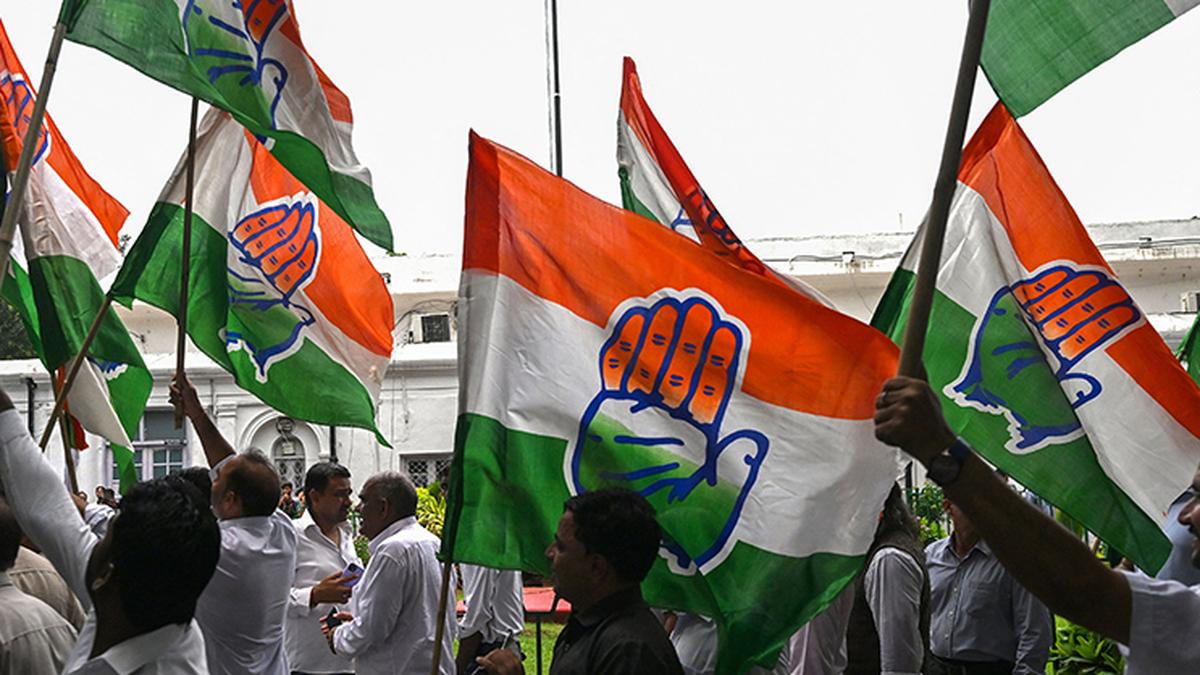 |
|
The recent appointments of leaders from the Uttar Pradesh Congress to the All India Congress Committee (AICC) national secretary positions highlight a strategic shift in the party's approach, emphasizing the importance of Dalit, Other Backward Classes (OBCs), and Muslim communities. The selection of Sushil Kumar Pasi, a member of the Scheduled Caste (SC) Pasi community, as the National Secretary responsible for Bihar, Vidit Chaudhary, belonging to the Gurjar community, as the co-incharge of Himachal Pradesh and Chandigarh, and Shahnawaz Alam, former U.P. Congress Minority department president, as the National Secretary for Bihar, exemplifies this deliberate focus on underrepresented groups.
This move is significant considering the crucial role of Bihar in Indian politics, with its 40 Lok Sabha seats. By appointing two of the three new national secretaries to Bihar, the Congress party underscores its commitment to engaging with these communities in a key state. Furthermore, the appointments reflect the party's dedication to recognizing and promoting the work of dedicated individuals who have consistently advocated for marginalized sections and challenged the perceived injustices of the Bharatiya Janata Party (BJP) regime.
Leaders within the Congress party emphasize that the Dalit, Muslim, and OBC communities are integral to the party's strategic plan for Uttar Pradesh. This is evident in the appointments made from UP to the AICC, as well as the various programs tailored to engage these socio-religious groups across the state. Shahnawaz Alam, the newly appointed National Secretary from UP, reinforces this sentiment, highlighting that individuals with merit and dedication, regardless of their political background, are valued within the Congress party. He attributes his own involvement in advocating for the cause of marginalized sections to the leadership of Priyanka Gandhi Vadra, who, during her tenure as General Secretary in charge, empowered individuals like himself to actively engage with these communities. This signifies a deliberate shift in the Congress' political orientation in UP, focusing on these sections as a core constituency for the future.
The appointment of these leaders from Uttar Pradesh represents a strategic maneuver by the Congress party to solidify its presence and appeal within these vital communities. This move is likely to have significant implications for the upcoming elections, as the Congress party seeks to galvanize support among marginalized sections, presenting itself as a champion of their interests.
Source: Focus on Dalit, minorities, and OBCs visible from U.P. leaders given role in new AICC team
